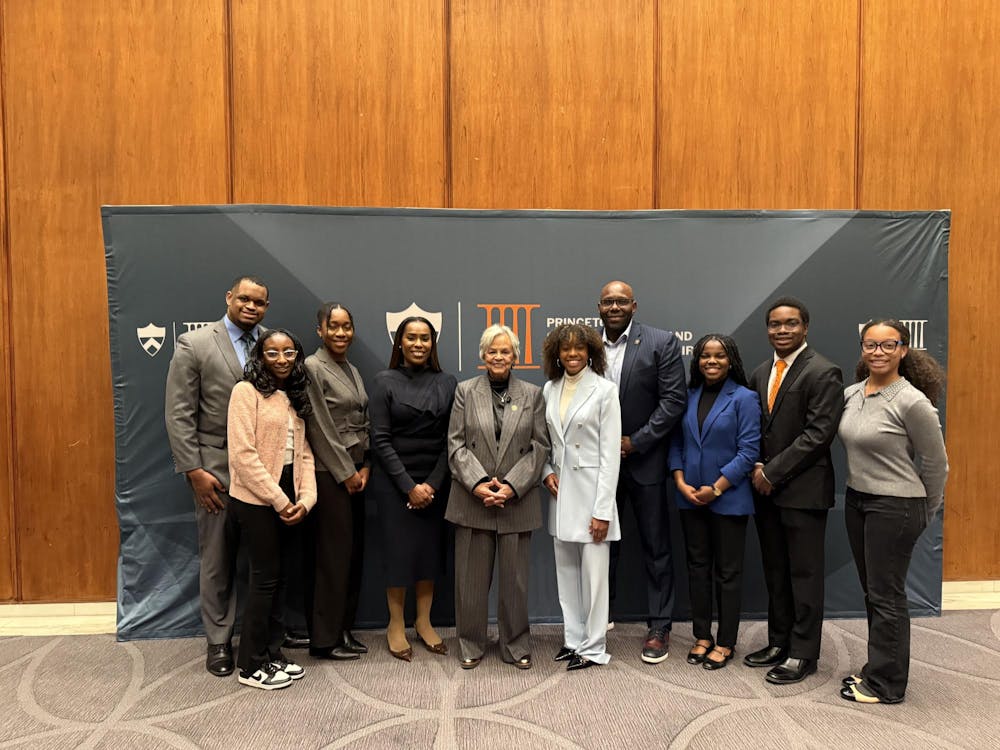“Let’s to go the Moon in a new way,” said Dr. Johann-Dietrich Woerner, Director General of the European Space Agency (ESA), in a lecture on Oct. 6 about the advancement of space exploration and ESA’s goals to venture farther into the universe.
Woerner invited the audience to imagine a “Moon Village,” an open system involving participants and projects from many different countries. The idea illustrated his belief that the motivations and methods of space exploration are changing in response to increased privatization of the industry, with regional space agencies adopting a more globally interconnected approach.
ESA, the European equivalent of NASA, is an intergovernmental organization of 22 member states dedicated to space exploration. Woerner, former president of the German university Technische Universität Darmstadt, has served as head of the agency since 2015. In this capacity, he has led the organization to view space exploration as collaboration for a common cause. Frequently referring to ESA astronauts as “Europeans,” instead of by their individual nationalities, he talked about the importance of international cooperation in space exploration and upcoming ESA missions co-organized with the American, Canadian, and Chinese space agencies.
“Space should not be political,” Woerner said. “It’s possible for space to bridge all earthly crisis.”
ESA’s major projects lie in the fields of navigation, telecommunication, science and exploration, and robotics. The agency has developed the European Exploration Envelope Programme, a unified vision for Europe’s space exploration that focuses on the Moon and Mars. Upcoming investigative missions involve exploration of the dark universe, the Sun, exoplanets, Mercury, and gravitational waves.
Part of the difficulty of spearheading an organization like ESA is dealing with negative press, Woerner explained. He mentioned widespread public anger over the failed landing attempt of a Mars probe, even though the main purpose of the mission was to learn how to improve landing procedures.
Woerner said that every decision ESA makes is based on a calculation of the probability of failure and the level of risk involved, whether it’s something as small as a simulator, or as important as the safety of humanity. He emphasized the importance of refusing to limit goals or to view Mars as the “ultimate goal” of space exploration.
“We should never talk about ‘ultimate goals.’ We never know what humans can do in the future,” Woerner said.

Matt Kolodzik ‘20, a mechanical and aerospace engineering concentrator, said that he was interested in Woerner’s overall outlook on space exploration.
“He did a good job of balancing politics versus the reality of the technical side of things,” Kolodzik said. “The big thing in the U.S. is space exploration and privatization. He was able to strike a really good balance about what his agency does directly while maintaining a certain amount of respect for the industry.”
Hemani Kalucha ‘19, Director of Infrastructure for the Princeton Rocketry Club, invited Woerner to speak on campus after meeting him over the summer.
“I think that talking to people from other countries is so important, having that perspective of somebody that’s not doing U.S. aerospace is so important,” Kalucha said.

“Meeting real people who are such important leaders in the aerospace industry reminds you that this is real, and it’s more than physics p-sets and failing your lab. There’s this thing that you are passionate about and it’s still out there, it’s just [about] getting out of Princeton’s bubble and seeing real-life applications,” she added.
The lecture, sponsored by the Princeton Rocketry Club, was held in Friend Center 101 at 4:30 p.m.







